Stories about those who will put on a judge gown of the higher authority of the judicial branch of government for the first time
Ukrinform continues the project, which acquaints Ukrainians with the new faces of the Supreme Court of Ukraine, tells about those who will wear judge gowns for the first time, and who came to the country's higher judicial body from scientific and educational institutions, from the bar and other spheres of social activity.
Associate Professor of the Department of Theory and Philosophy of Law at the Ivan Franko National University of Lviv Dmytro Hudyma won the first place in the ranking of candidates for 30 vacant posts of judges of the Cassation Civil Court in the composition of the Supreme Court of Ukraine. The result is logical, because I chose the profession in childhood and went step by step, in a purposeful and persistent manner. From the first year of study at the university, I entered the scientific life, and my favorite subjects were criminal law and criminalistics. I wanted to be an investigator of the prosecutor's office, but rejected this idea while studying at the magistracy, when I received the opportunity on a competitive basis to undergo an internship in the department of communications with justice bodies of the Verkhovna Rada of Ukraine within ten months. Then my desire to become a lawyer strengthened. Then I started postgraduate studies, worked at the university, and was engaged in legal practice...
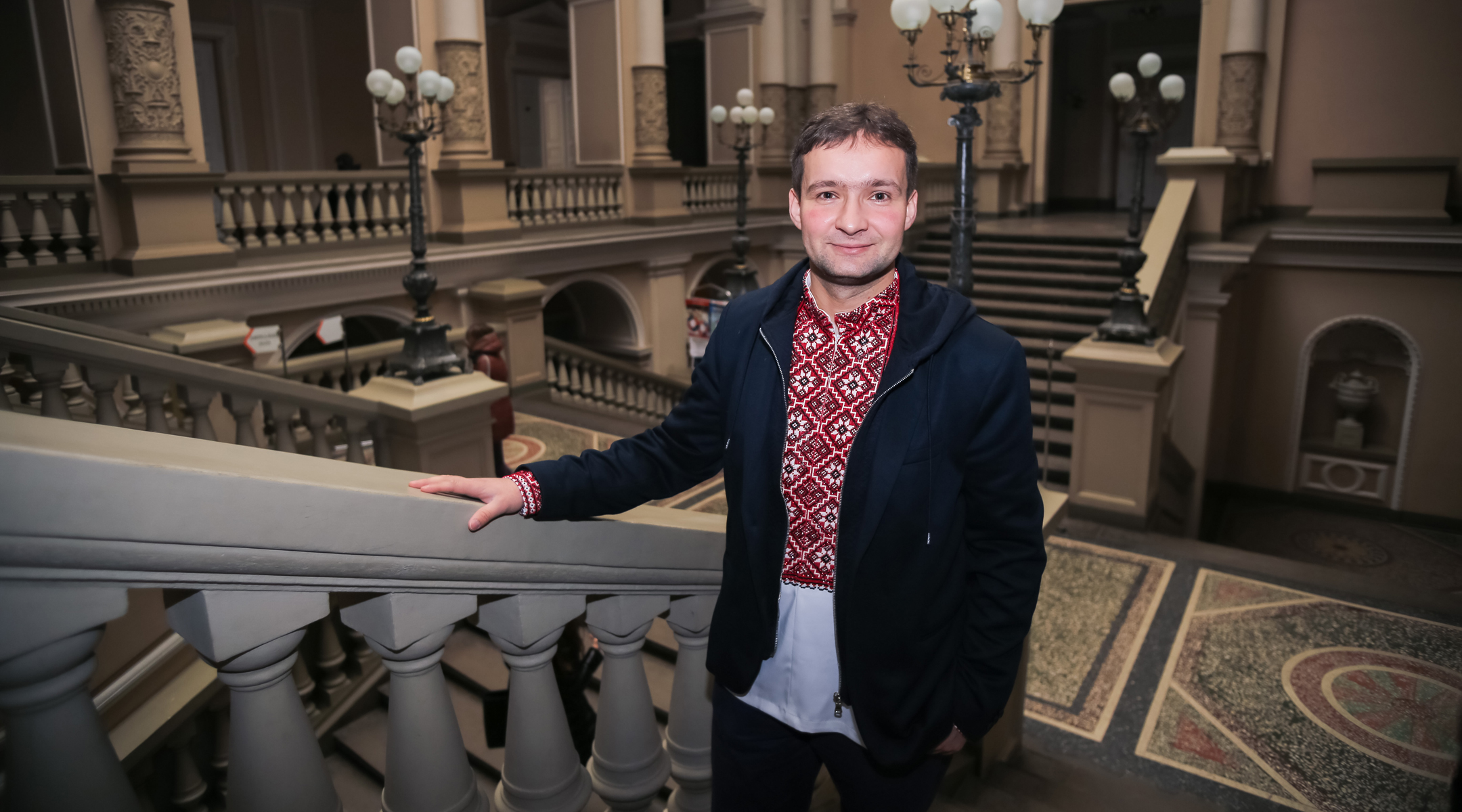
About Santa Barbara and the profession of a lawyer
I decided to become a lawyer at the age of seven under the influence of "Santa Barbara," a popular TV series in the late 1980s. Perhaps this is because there has never been any emphasis on advocacy in Soviet cinema. In detective movies, the focus was on the work of investigators, prosecutors, operative police officers, while defense lawyers remained behind the scenes. Apparently, the lawyer from the film made a special impression.
My parents and grandparents did not approve of my choice for a long time. They thought I would change it. For some time, they even convinced me that it would be better to become an international law expert (in the mid-1090s there was a "boom" of the faculties of international relations). Despite this, the family strongly encouraged my interests and promoted professional development.
The law profession, apparently, develops a person and teaches diverse perceptions of the situation. Scientific work gives even better opportunities for development, but this development is intellectual. And in financial terms, neither teaching nor scientific activity could give me anything, and this is one of the reasons why I started to practice law from the first day after the law faculty. But law practice does not always guarantee stable earnings: today you have a client, tomorrow you don't have a client. Therefore, I also earned some money on real estate transactions. I had the status of a private entrepreneur, from which I have already refused.
About the rejection of careless work
Work in a tense environment has taught me to count not only money, but also the time spent, plan activities for today, tomorrow, for a week, and for a month ahead.
I hate careless work. And it's not about perfectionism. The time we spend on something is too valuable so as to spend more time later on the same thing.
I do many things pro bono, that is for free. I had my own charitable foundation, dealt with about 30% of cases free of charge, and I also paid a salary to a lawyer who worked there.
Through the internship program "Assistant to the Chairman of the Verkhovna Rada Committee of Ukraine" in 2002-2003 he got acquainted with civil service and the work in the Verkhovna Rada, and I understood the pros and cons of this work.
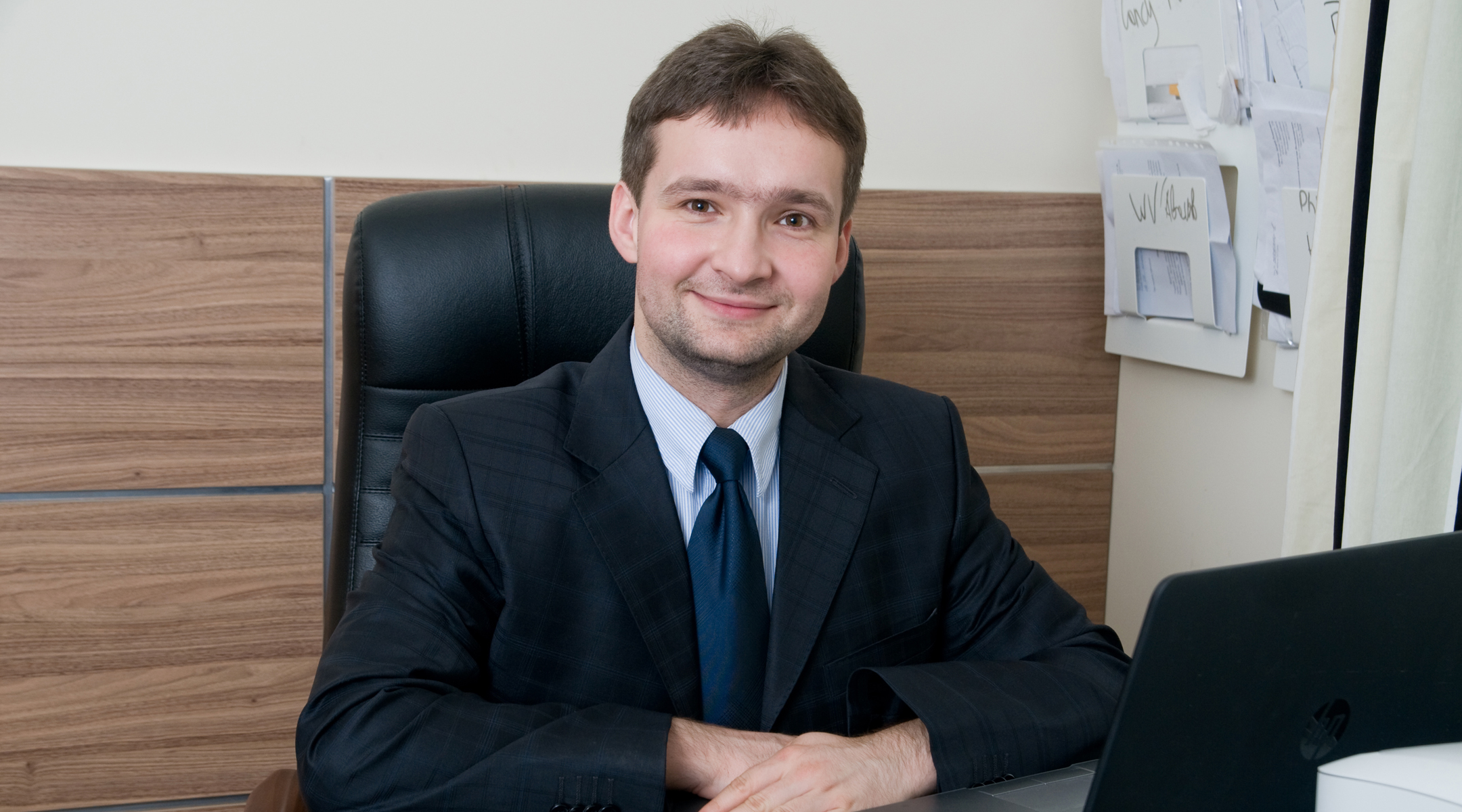
About negative things and mediation
I understand that I'm going to the system where they will be dissatisfied with me. It is quite rare when both parties agree with a court ruling. A judge always absorbs a negative attitude, at least from those who do not agree with a court ruling. Therefore, in law practice I was inclined to apply mediation. This is a trend of recent years. There were situations in which I brought together two conflicting parties, negotiated with both of them, and we reached consensus and signed peace treaties.
It is very good that new procedural codes have been adopted now. They will allow the judge to take measures to reconcile the parties. The court is when there is no way out, when other means did not produce any results. But one should not find in court any divine hope for justice. The law is not an ideal means. I would even call it the least effective in comparison with other norms (moral, religious, etc.).
About reforms
I do not share pessimism about the judicial system, since I have seen significant positive changes for more than ten years of practice. The system is developing. Under pressure, slowly, but it is developing.
Reforms that are currently taking place in society, including the judiciary, are oriented towards the future. If there is no retreat, we will feel the effect in a few years. Even reading the press, you can see the difference. Earlier there was not much information about detained officials, about conflicts between authorities, such as NABU, prosecutors. And there was just one news story per year about how many judges or other officials were caught red-handed, receiving bribes.
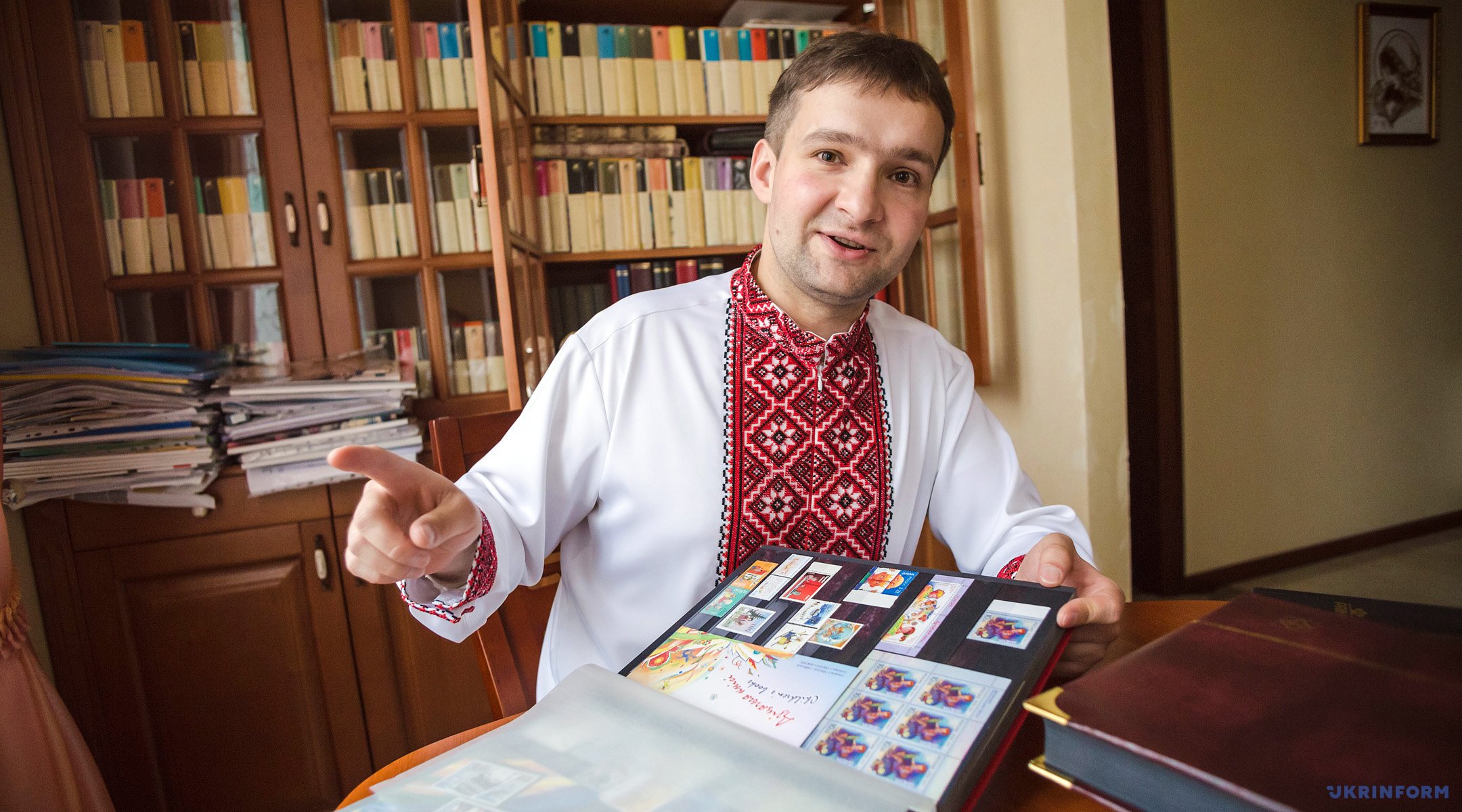
About the meaning of work of the Supreme Court
I have already felt changes in the judicial system as a citizen. They are happening in my eyes. Yes, slowly. But I do not believe in rapid revolutionary changes. Perhaps it is wrong to orient people that the Supreme Court will be formed, and everyone will be happy tomorrow.
The state has created unique conditions, offering Ukraine's first ever competition for the position of judges to the Supreme Court. This is not just the peak of the pyramid of the judicial system. This is a body that ideologically influences the judicial system and society as a whole. I think that the right move by the state was that the Supreme Court brought together representatives of different professions - lawyers, teachers, and judges. This will lead to discussions on those issues in which judges seemed to understand everything before. If there are proposals for another vision, then other solutions may arise. I see the meaning of the work of the Supreme Court that the motivation of court decisions will be increased.
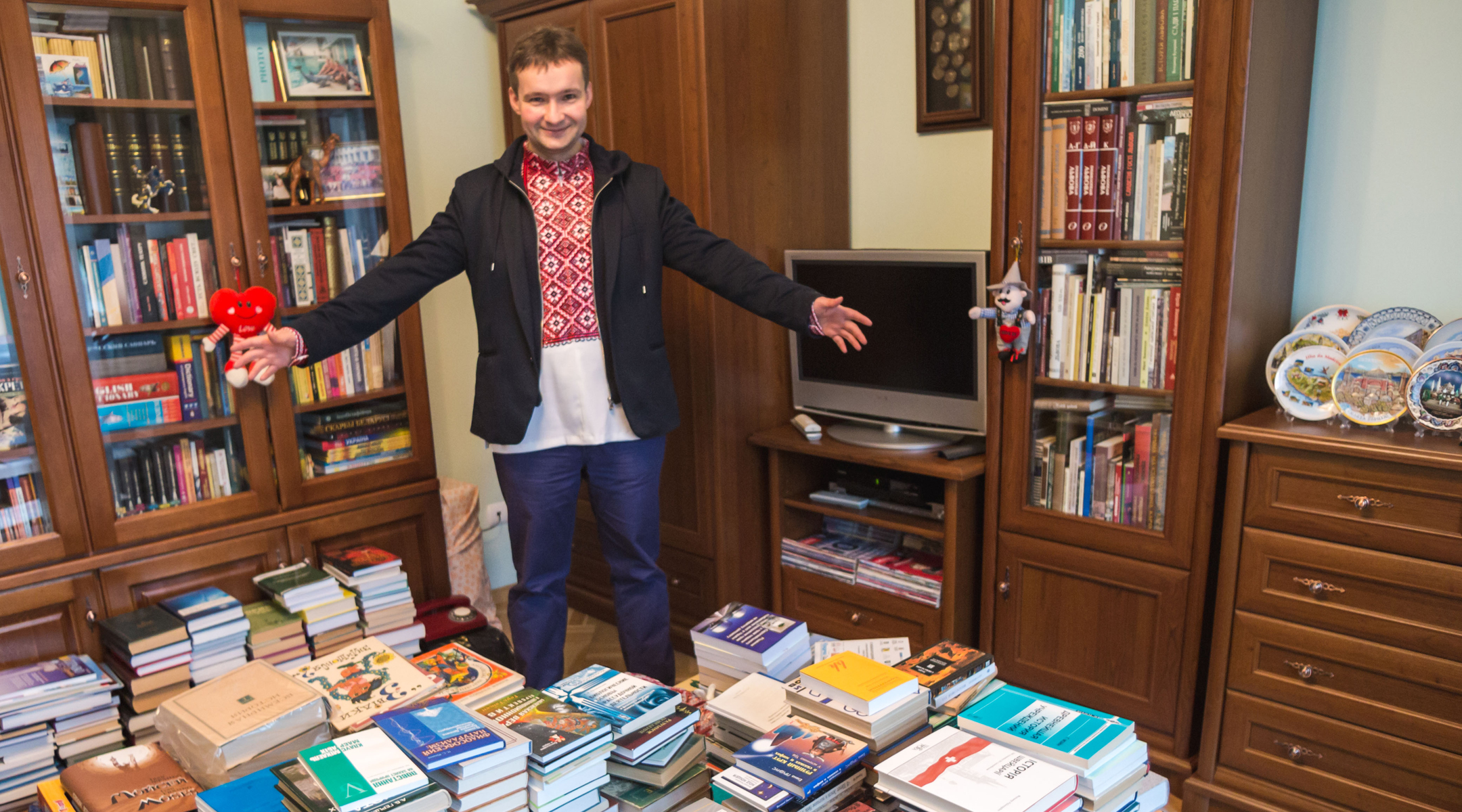
About the most difficult thing in the competition
My relatives supported my decision to go to the Supreme Court. They worried even more than me.
The most difficult thing for me in the competition was to collect papers. It was necessary to confirm the ten-year experience of advocacy by court documents and much more. I did not sleep at all the night before submitting the documents.
In my opinion, everything was worked out perfectly in terms of organization. I said at the initial stage how good was the work of employees of the Higher Qualifications Commission of Judges of Ukraine, who accepted the documents. There were no queues, despite the number of people who intended to take part in the competition. And all subsequent stages were organized at a high level.
About money and status
I feel well in a tent and in a luxurious palace. I need material means, but I have no obligation to them. I have no desire to earn more and more. I can ride in an old car, because it serves as a vehicle for me, not a means of self-affirmation. If I already buy something, it can be a very expensive thing, but for many years of use. This year I bought an expensive phone, because I felt I needed it. It's actually a computer that has unique capabilities that will last for the next five years. I do not buy things that I need to replace every year.
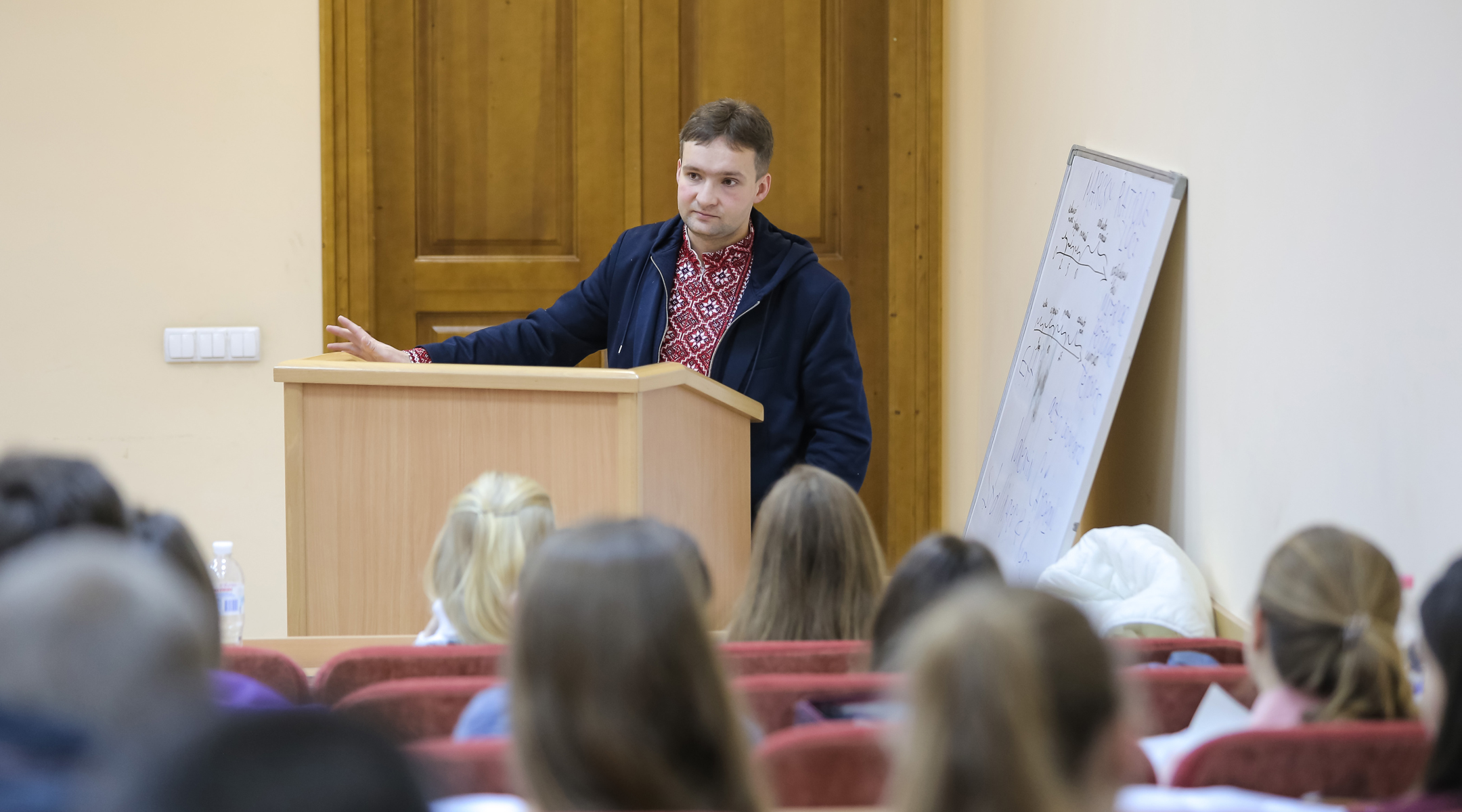
About the prospects of teaching work
I stopped lawyer's practice, because it is incompatible with the judiciary. Teaching, scientific and creative activities are compatible. If the Law Faculty of the Lviv University gives me an opportunity to teach on Saturdays, I will come to the students and give lectures.
I am interested in communicating with students. I like to communicate with people younger than me. Now they have a different outlook, they were born after the adoption of the constitution, devoid of the burden of the past, open to new things, and many now read and speak English.
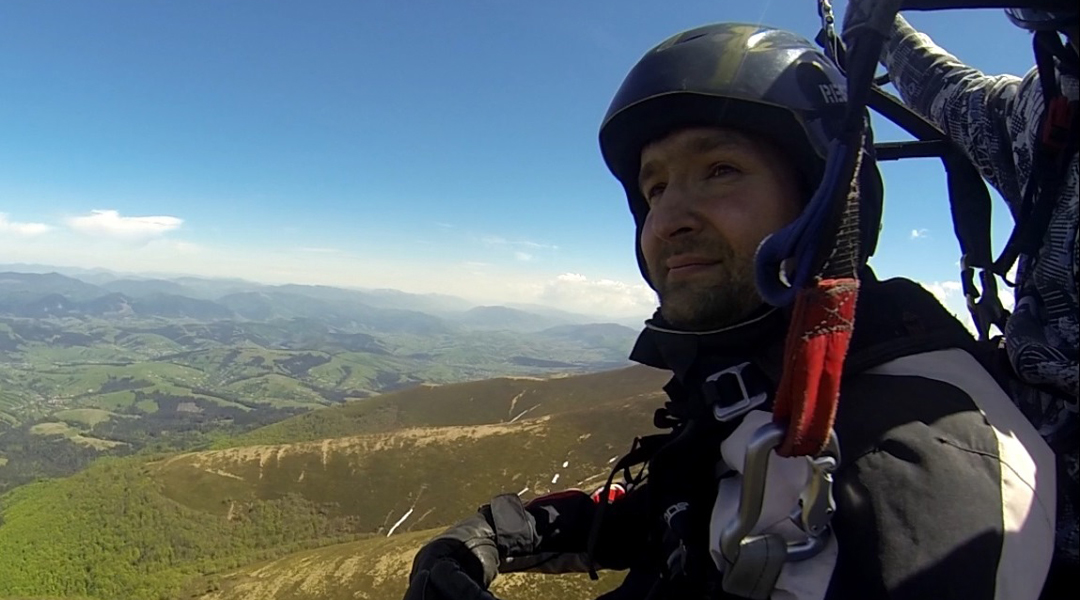
About the benefits of traveling and learning new things
I really like to travel around the world and get to know different cultures. People who live in the same environment and have no opportunity to see the lives of others are highly centered in their own culture. They cannot go beyond the framework and start to create something new. My trips enrich me. Apparently, I have a rest during them, no matter how tedious they are. I can easily walk in new cities, not sitting at all, for 12-15 hours. I get pleasure from this.
From the age of seven, I started collecting stamps. I have a complete collection of Ukrainian stamps and maximum cards. In recent years, I have also collected stamps on the subjects "Human Rights," "Children's Rights," "Constitution," "Traffic Rules." It is very knowledgeable.
Also, I have a pet – a dog called Thomas. It's not just a dog, it's my friend. Unfortunately, I will not take him with me to Kyiv, because I will not be able to give him enough time.
Dmytro Hudyma was born in Lviv on July 27, 1982. In 1998, he graduated from Lviv Ivan Franko State University (currently known as the Classical Gymnasium at the Ivan Franko National University of Lviv) with a gold medal and was enrolled in the Law Faculty at this university. During his studies at the university he was involved in human rights issues, the practice of the European Court of Human Rights and law anthropology.
He is the author of more than 100 research papers on human rights, the practice of the European Court of Human Rights, the philosophy and methodology of law. He actively participates in scientific life, speaking at scientific and practical events.
He has been engaged in public work since student years. He is a member of the Ukrainian Bar Association and the National Association of Lawyers of Ukraine.
He also participated in the working groups of the OSCE Project Coordinator in Ukraine.
